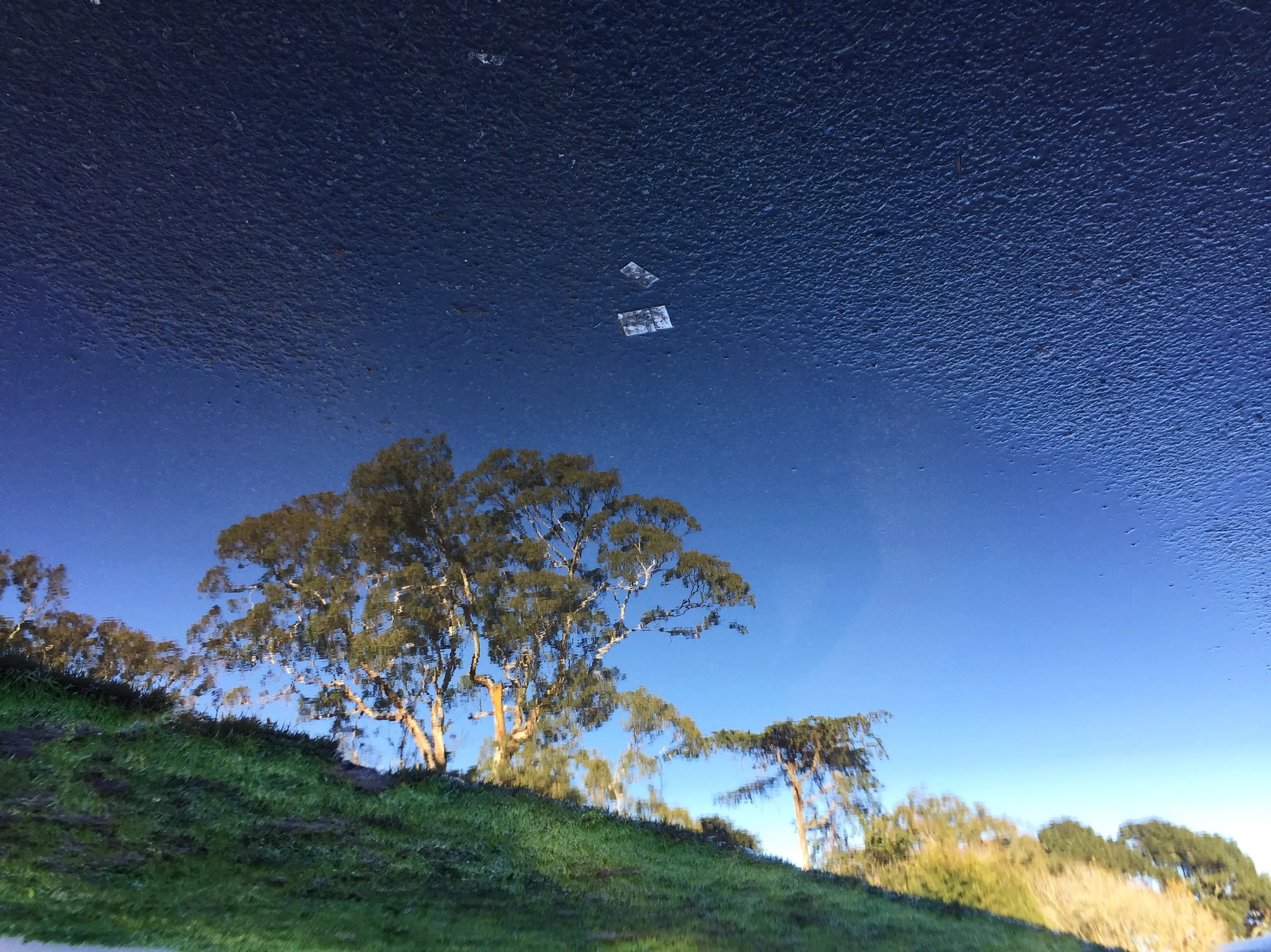my father, the absent
The process of creation is always discursive. I start with a seemingly simple premise, and progressively run into one problem after another. When I started my novel, I thought it was about memory and guilt. Then it became an examination of the immigrant's experience. Then a meditation on the unbridgeable gulf between mother and daughter. And most recently, my deep distrust of my father. I realized, very early on, that my father's words could not to be trusted. His lies were not malicious, but coercive; they led to only one possible path and consequently only one possible result, which was what he wanted to happen. His lies were not fabrications, but omissions. I learned to be careful, to ask lots of questions, to make up lies of my own in retaliation. It was a power struggle that I couldn't win, because he was (still is) my father. There is an inherent structure in the relationship that tipped the balance of power toward him. My only recourse became avoidance. And then there he was, his double, a representation, another father, in my novel, and I had to come up with answers. The answer is I both know and don't know my father. I had learned a long time ago to accept the sad reality that he doesn't want to be known. My love for my father was my first lesson in the disappointments of love. I could never obey, perform, or love enough to change him into someone else. The only possible path forward is acceptance. But the child in me yearns to know, to be known, to answer the riddle, if everything my father says is only a half truth, how much can he love me? Will half a love ever be enough?
